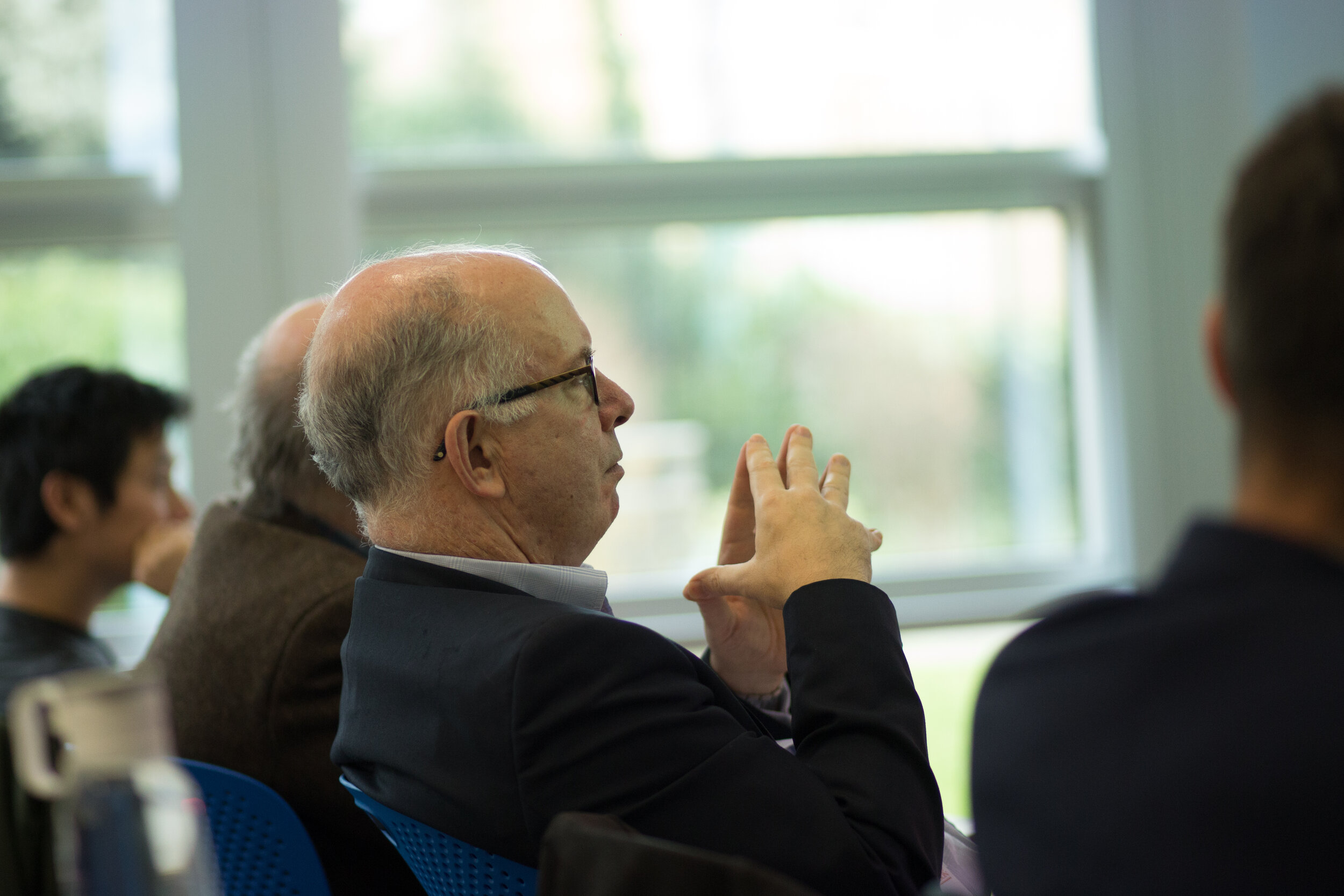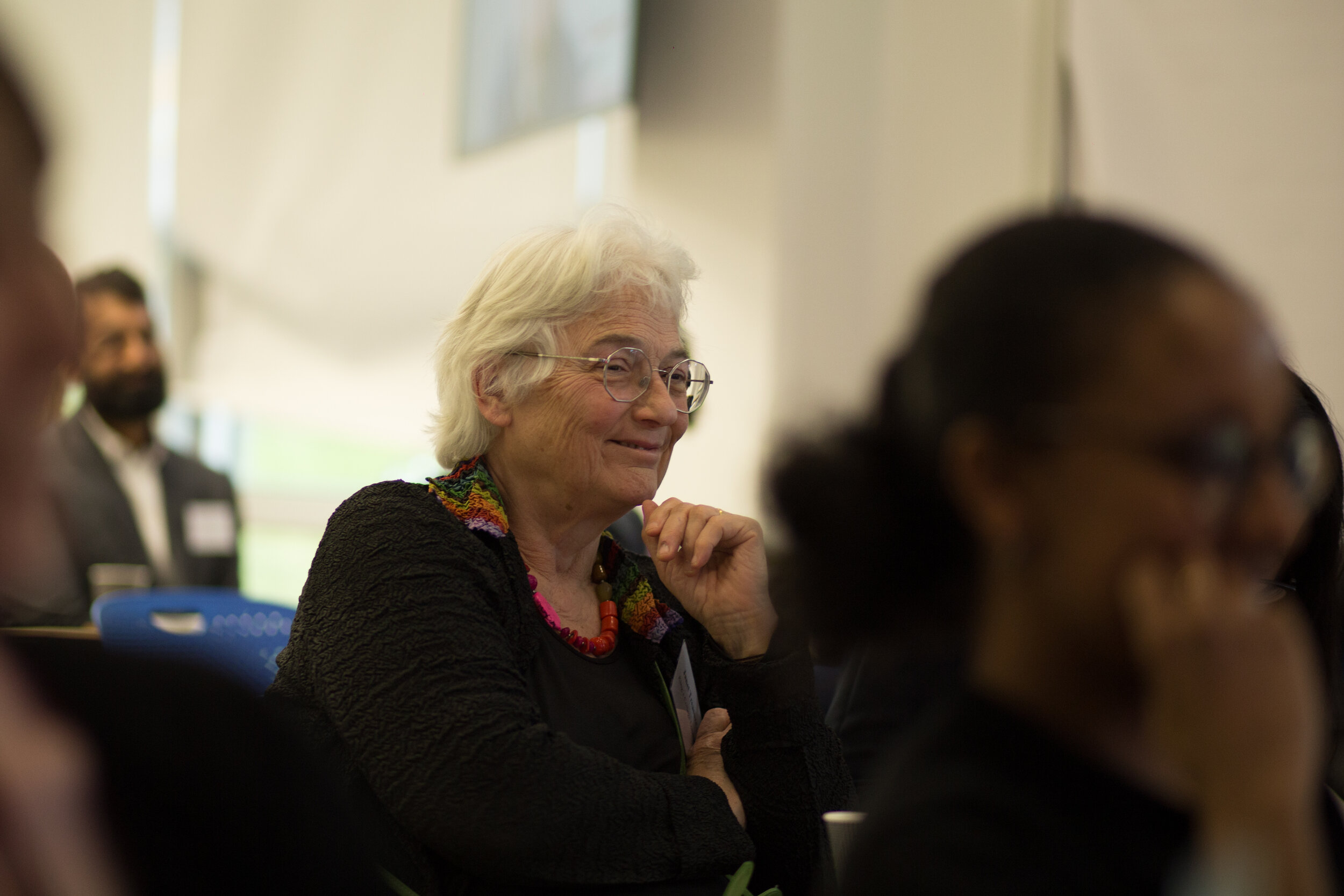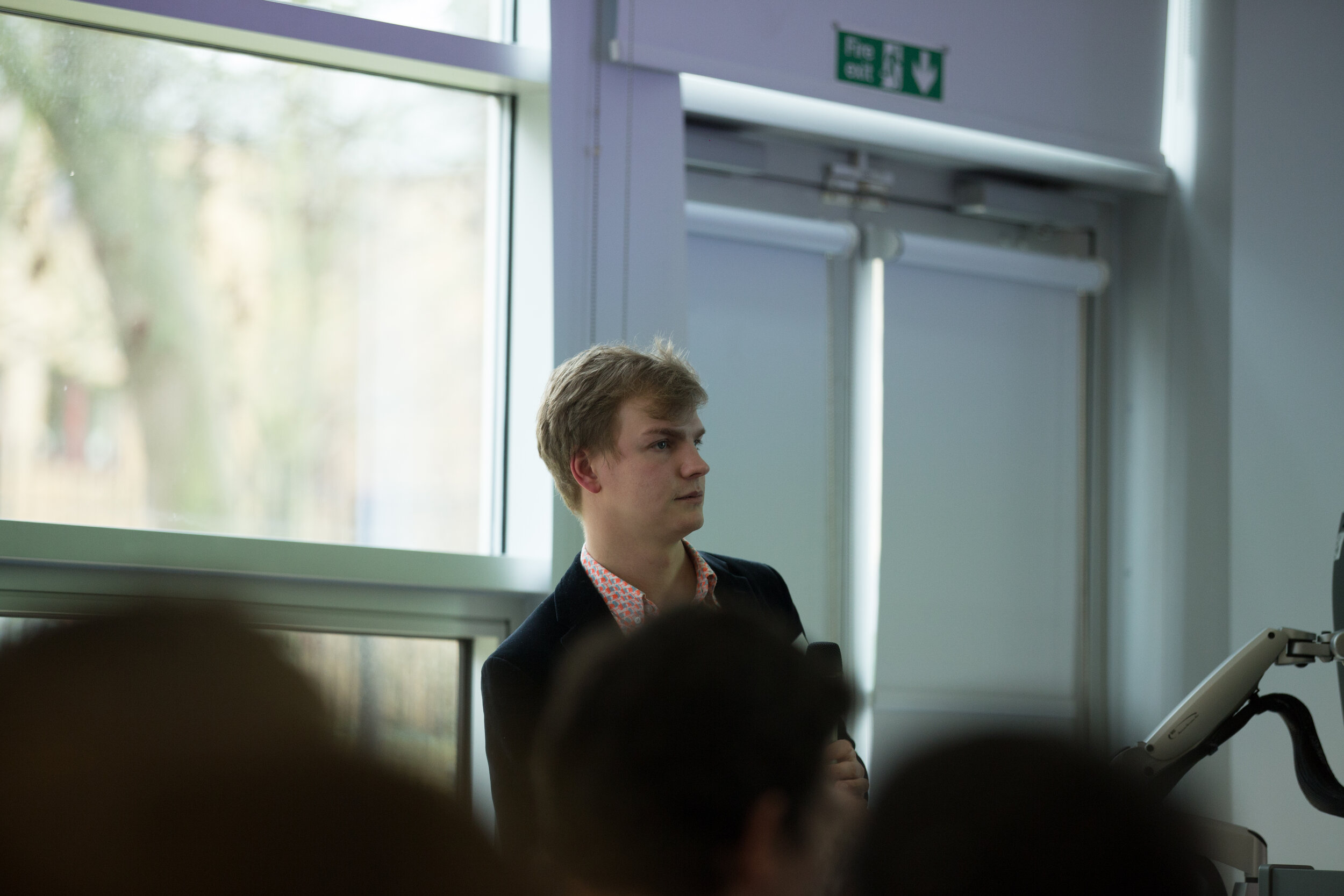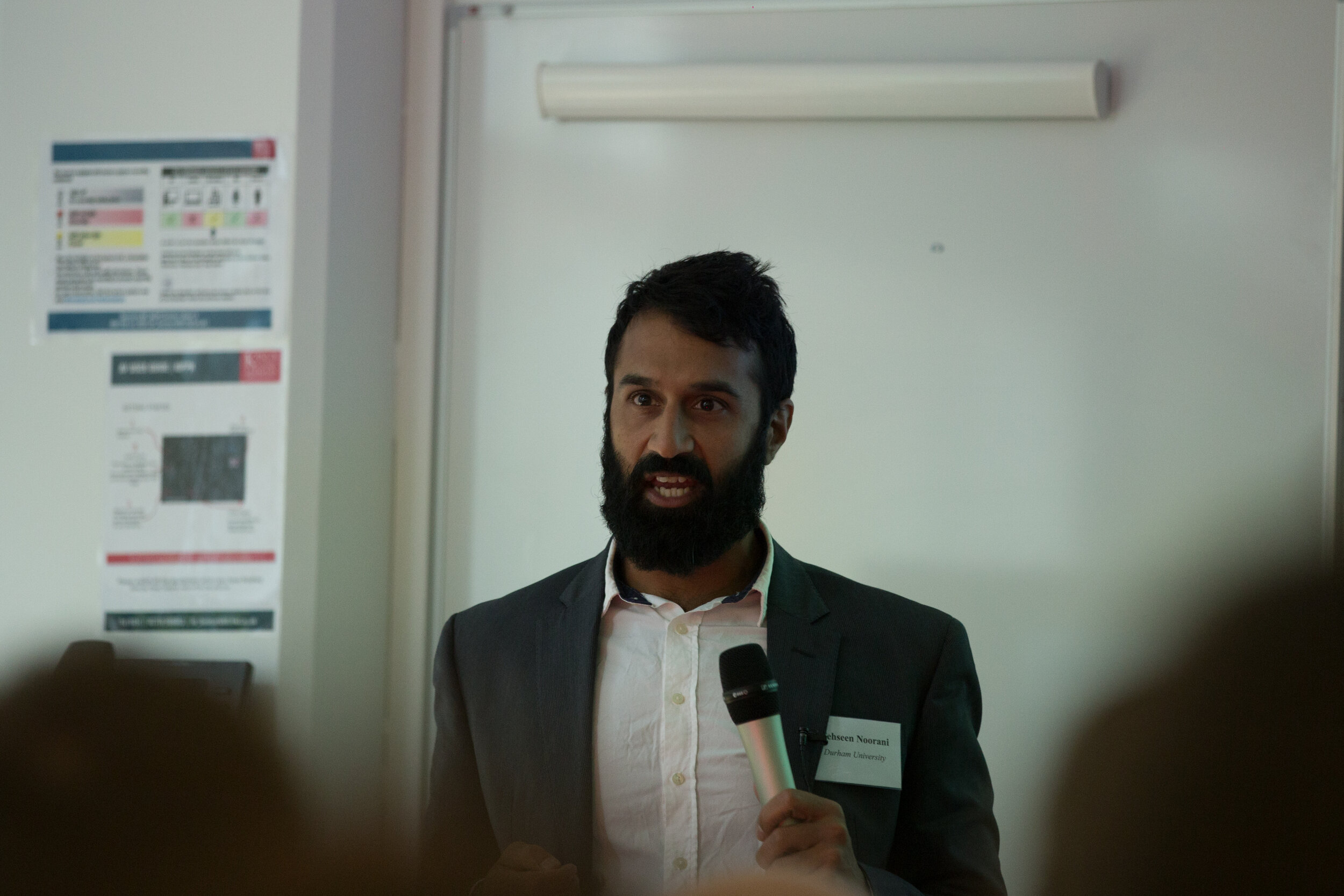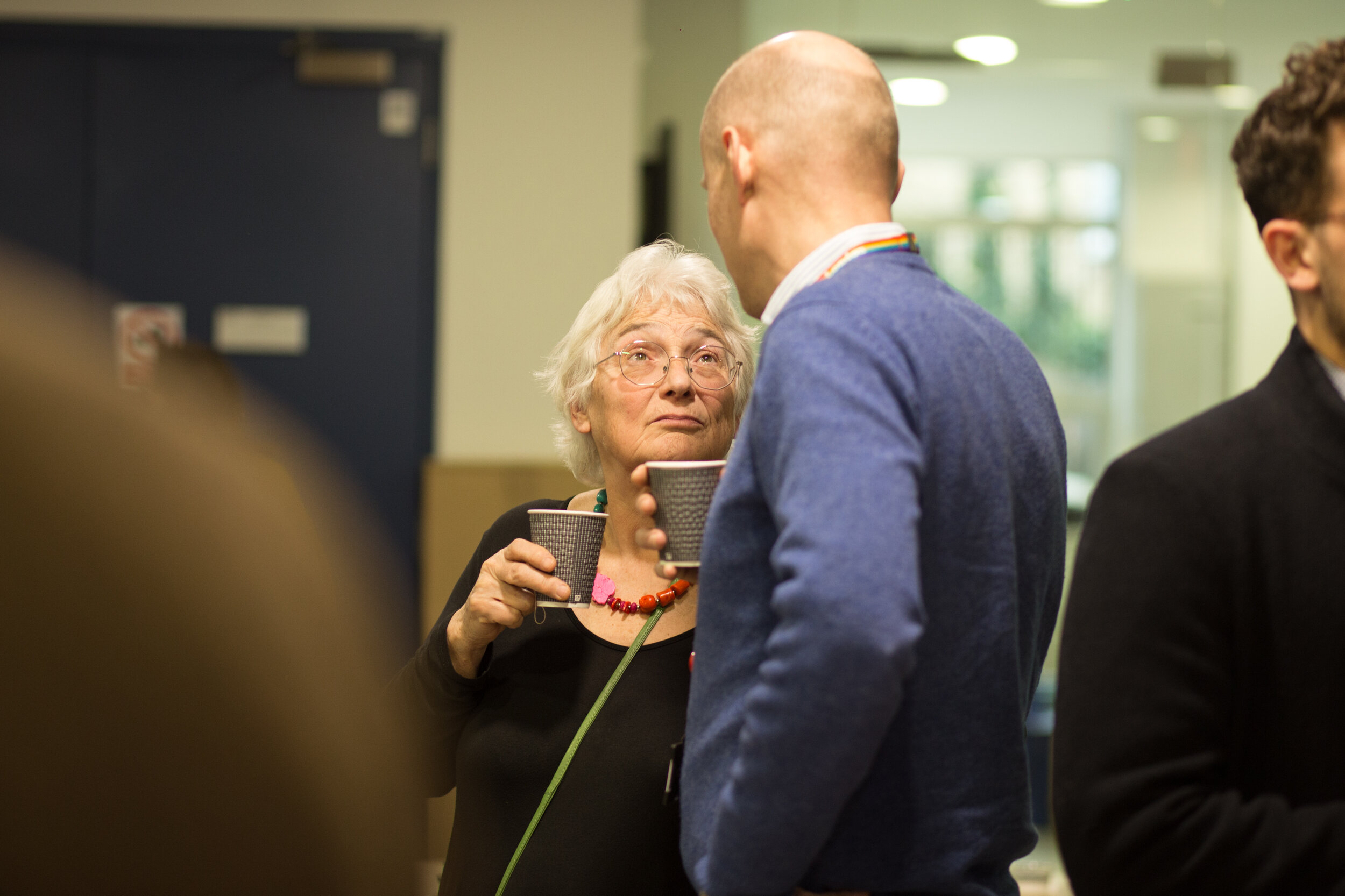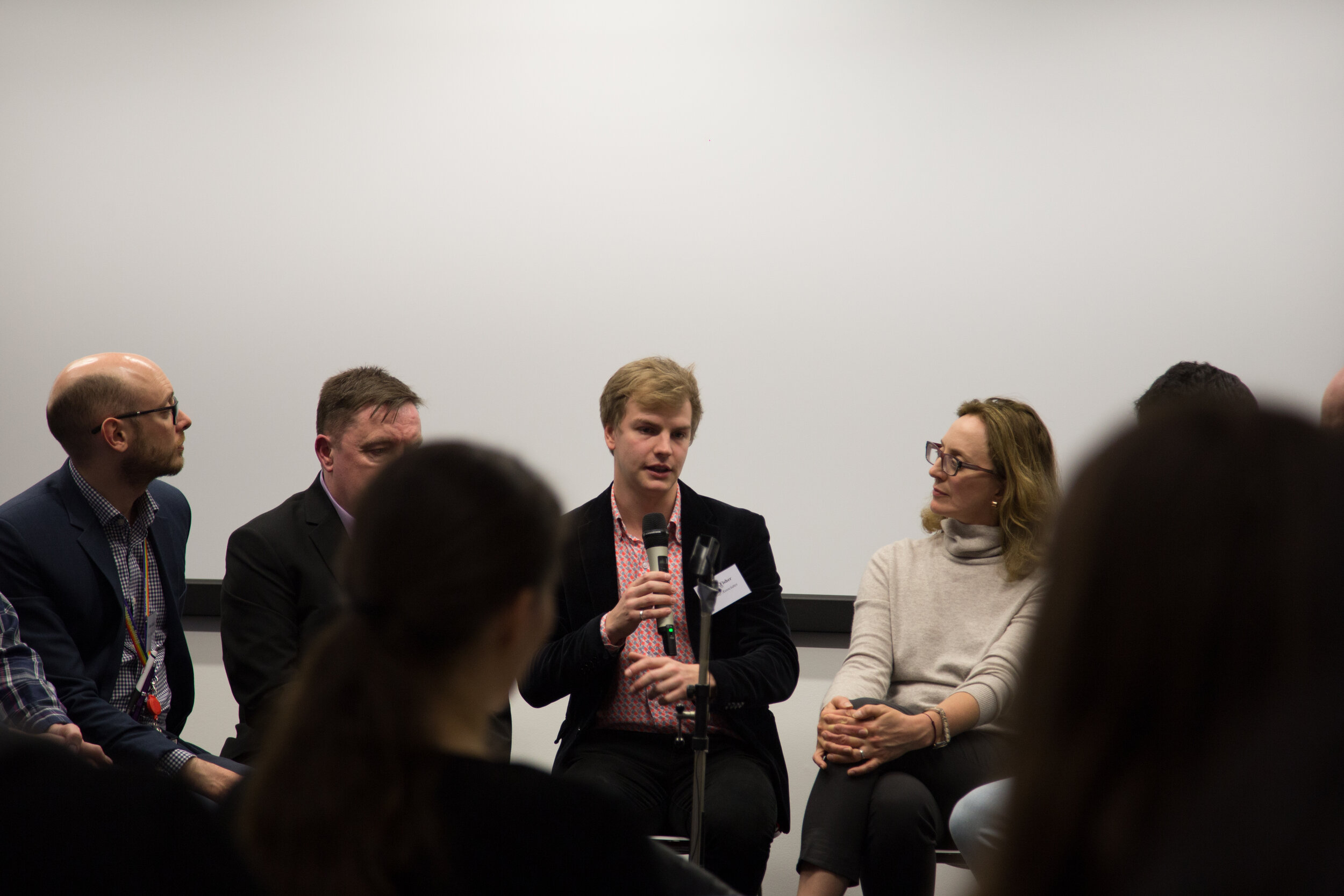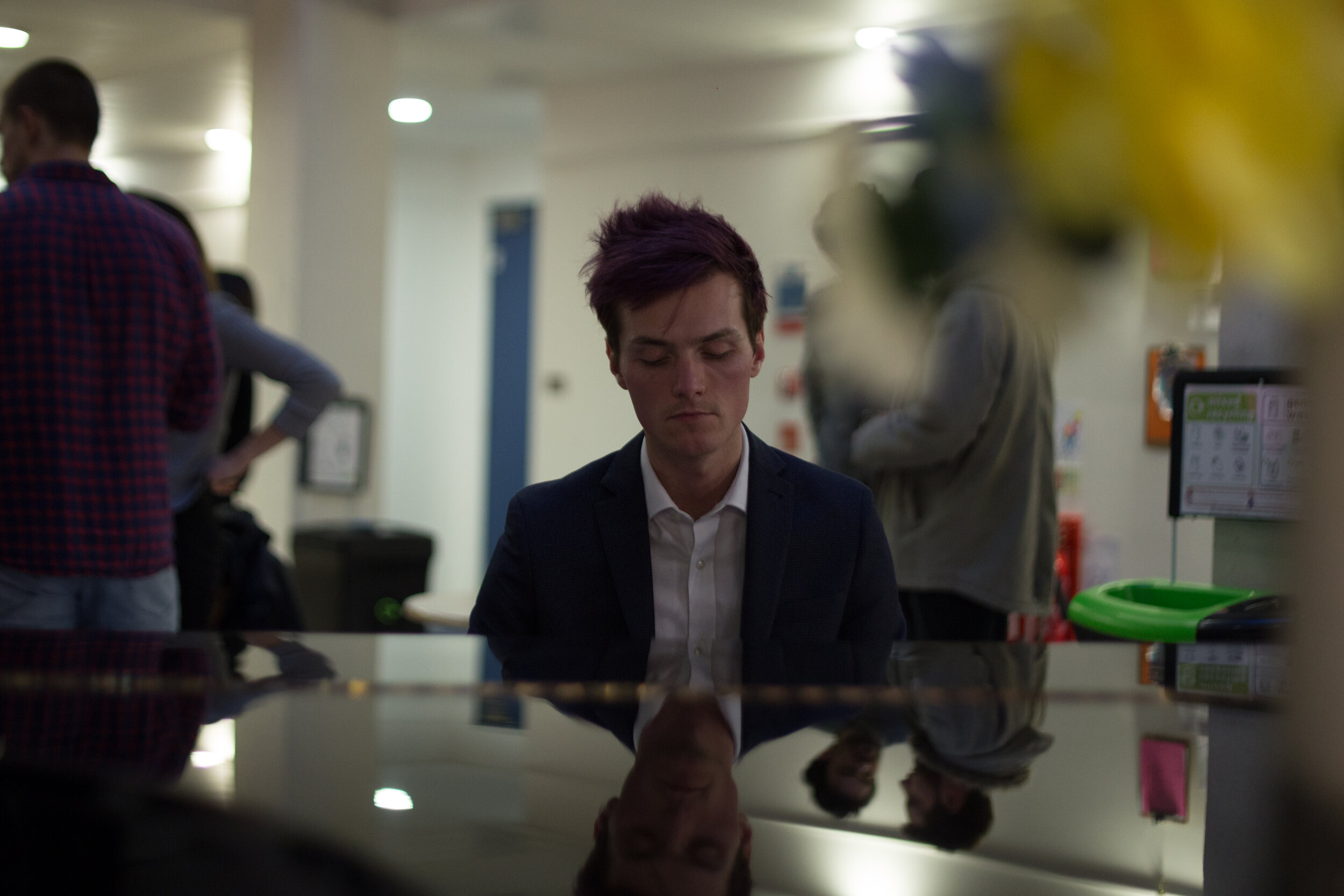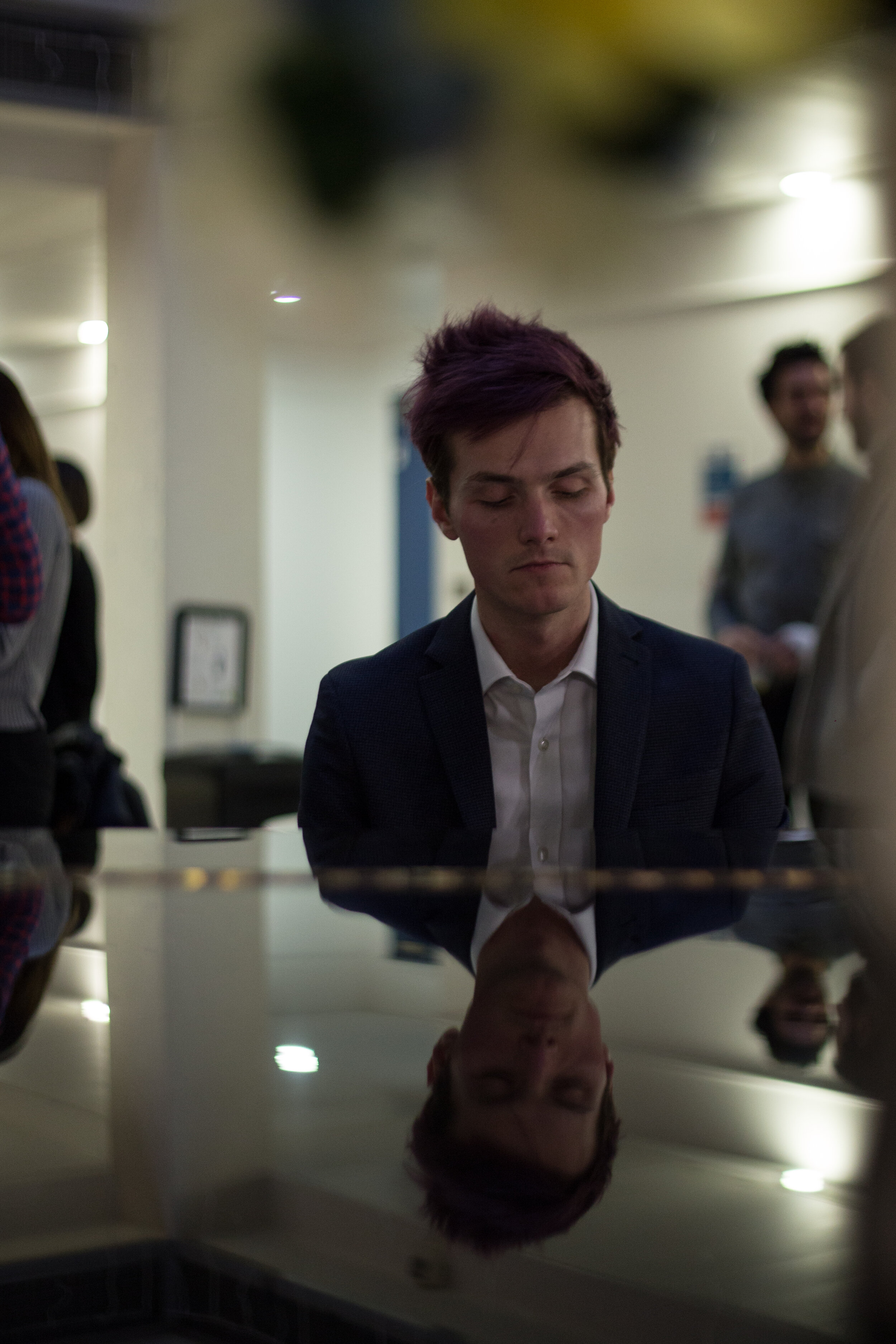Making Psilocybin into a Medicine: A Multidisciplinary Approach
This free one-day symposium focused on the development of psilocybin through the clinical trials process and the wider socio-political context surrounding the re-emergence of interest in the clinical utility of psychedelic drugs. Bringing patients, therapists, psychiatrists, scientists, lobbyists and the pharmaceutical industry together, a series of individual speakers will set the scene for morning and afternoon plenary discussions surrounding the therapeutic model of psilocybin therapy and the regulatory and logistical challenges of ‘making psilocybin into a medicine’, as it was prior to 1970. The lectures and plenary discussions were recorded and can be seen below. This symposium was entirely funded by the National Institute for Health Research’s Clinician Scientist Programme and the KCL Neuroscience and Society Network.


Novel Therapies for Mood Disorders: From The Street to The Clinic
Professor Allan Young (Centre for Affective Disorders, IoPPN) opened the symposium with an overview of the various 'street drugs', including (es)ketamine, cannabinoids, MDMA and psilocybin, which are currently being investigated as novel therapies for the treatment of mood disorders.
Psychedelics: Therapeutic Mechanisms
Dr Robin Carhart-Harris (Head of Imperial Psychedelic Research Group) presented on the pharmacology of classical psychedelics, and the potential biological changes underlying psychological mechanisms and therapeutic outcomes. Carhart-Harris outlines the REBUS (RElaxed Beliefs Under pSychedelics) model of psychedelic action.
Psilocybin and The Therapeutic Model - Discussion: Therapist & Patients
Fred Reinholdt (Senior Therapist, Johns Hopkins & King's College London) and two psilocybin trial participants (Ian Roullier and Michael Bourne, experts by experience), discussed what psilocybin therapy means to them. They are joined by James Rucker (Psychiatrist, lead of Psychedelic Trials Group at KCL), Peter Gasser (Psychiatrist and psychotherapist currently working with LSD), Riikka Ajantaival (Psychotherapist) and Sarah Markham (Service user). They discuss the stigma, importance of this research, and the future of the field.
Remember the 1960's, if that isn't a contradiction in terms
Professor Guy Goodwin (University of Oxford, Chief Investigator for COMPASS Treatment Resistant Depression trial) gives a perspective on the history of psychedelic science of the 1960s and 70s. The associated politics and the prohibition that follows act as a cautionary tale on how to avoid the mistakes of the past.
Lessons from Medical Cannabis & Psilocybin's Path to Regulation
Henry Fisher (Hanway Associates/ Volteface) explains the processes involved in regulation of medical cannabis, which has seen some dramatic changes in the last five years. Fisher describes the current UK policy in place for medical cannabis and discusses whether this framework can be used as a model for psilocybin’s path to policy reform.
Of Fetishes & Pharmaka: Paradoxes of Psychedelic Medicine
Tehseen Noorani (University of Durham) provides a social anthropological perspective on the task of making psilocybin into a medicine. Noorani suggests it might be helpful to think of psilocybin as already being a medicine. The global and historical use of psychedelic substances like psilocybin mushrooms ranges is widespread. Noorani describes a clash of a traditionally collaborative psychedelics community and the culture of for-profit pharma and introduces scaling concerns that come along with this clash.
Regulatory Issues & Psilocybin: Compass Pathways Ltd.
Ekaterina Malievskaia is Chief Innovation Officer and Co-founder of COMPASS Pathways Ltd. COMPASS is a mental health care company dedicated to accelerating patient access to evidence-based innovation in mental health. Their first programme is researching how psilocybin therapy could help people with treatment-resistant depression. Ekaterina outlines the regulatory issues COMPASS has faced in their efforts to accelerate research into and access to psilocybin.
Making Psilocybin into a Medicine: A Multidisciplinary Approach - Panel Discussion With All Speakers
All the speakers gather to reflect on and discuss the content that arose in presentations throughout the day.





























